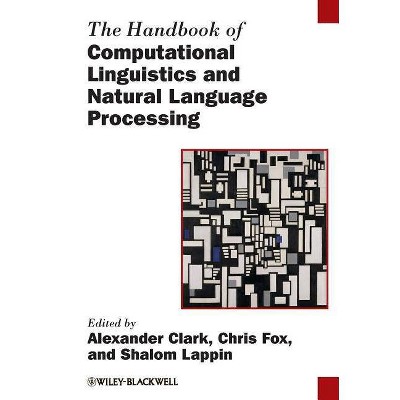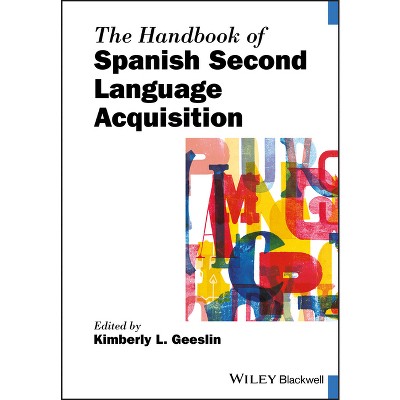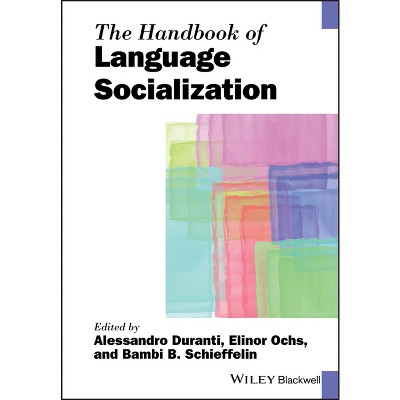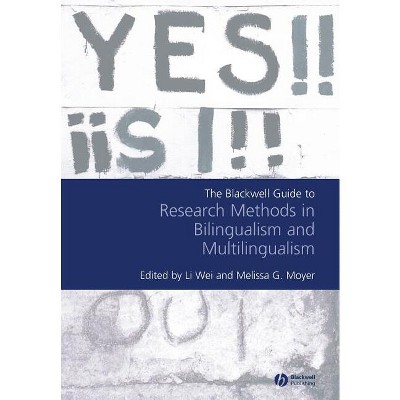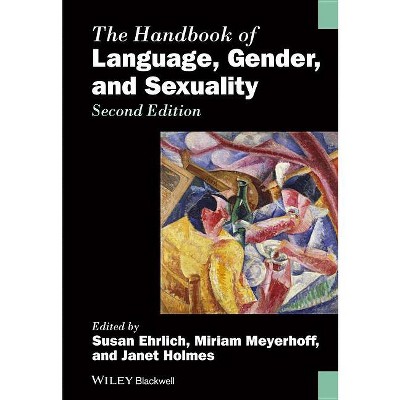Memory and the Computational B - (Blackwell/Maryland Lectures in Language and Cognition) by C R Gallistel & Adam Philip King (Paperback)

About this item
Highlights
- Memory and the Computational Brain offers a provocative argument that goes to the heart of neuroscience, proposing that the field can and should benefit from the recent advances of cognitive science and the development of information theory over the course of the last several decades.
- About the Author: C. R. Gallistel is Co-Director of the Rutgers Center for Cognitive Science.
- 336 Pages
- Language + Art + Disciplines, Language Arts
- Series Name: Blackwell/Maryland Lectures in Language and Cognition
Description
Book Synopsis
Memory and the Computational Brain offers a provocative argument that goes to the heart of neuroscience, proposing that the field can and should benefit from the recent advances of cognitive science and the development of information theory over the course of the last several decades.- A provocative argument that impacts across the fields of linguistics, cognitive science, and neuroscience, suggesting new perspectives on learning mechanisms in the brain
- Proposes that the field of neuroscience can and should benefit from the recent advances of cognitive science and the development of information theory
- Suggests that the architecture of the brain is structured precisely for learning and for memory, and integrates the concept of an addressable read/write memory mechanism into the foundations of neuroscience
- Based on lectures in the prestigious Blackwell-Maryland Lectures in Language and Cognition, and now significantly reworked and expanded to make it ideal for students and faculty
From the Back Cover
Memory and the Computational Brain spans the fields of cognitive science, linguistics, psychology, neuroscience, and education, to suggest new perspectives on the way we consider learning mechanisms in the brain.Gallistel and King propose that the architecture of the brain is structured precisely for learning and for memory, and that the concept of an addressable read/write memory mechanism should be integrated into the foundations of neuroscience. They argue that the field of neuroscience can and should benefit from the recent advances of cognitive science and the development of information theory over the recent decades. Based on three lectures given by Randy Gallistel in the prestigious Blackwell-Maryland Lectures in Language and Cognition, the text has been significantly revised and expanded with numerous interdisciplinary examples and models and reflects recent research to make it essential reading for both students and those working in the field.
Review Quotes
"The book covers wide-ranging ground--indeed, it passes for a computer science or philosophy textbook in places--but it does so in a consistently lucid and engaging fashion." (CHOICE, December 2009)
"The authors provide a cogent set of ideas regarding a kind of brain functional architecture that could serve as a thought-provoking alternative to that envisioned by current dogma. If one is seriously concerned with understanding and investigating the brain and how it operates, taking the time to absorb the ideas conveyed in this book is likely to be time well spent." (PsycCRITIQUES, November 2009)
"Along with a light complement of fascinating psychological case studies of representations of space and time, and a heavy set of polemical sideswipes at neuroscientists and their hapless computational fellow travelers, this book has the simple goal of persuading us of the importance of a particular information processing mechanism that it claims does not currently occupy center stage." (Nature Neuroscience, October 2009)
About the Author
C. R. Gallistel is Co-Director of the Rutgers Center for Cognitive Science. He is one of the foremost psychologists working on the foundations of cognitive neuroscience. His publications include The Symbolic Foundations of Conditional Behavior (2002), and The Organization of Learning (1990).Adam Philip King is Assistant Professor of Mathematics at Fairfield University.
Shipping details
Return details
Trending Non-Fiction






